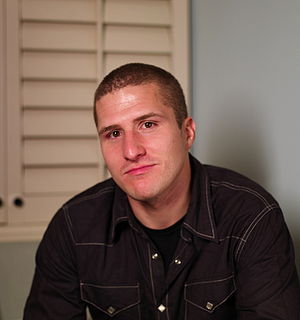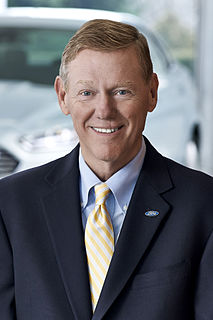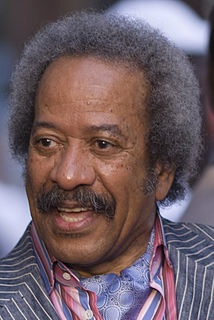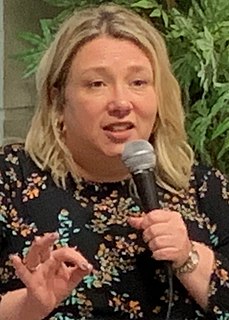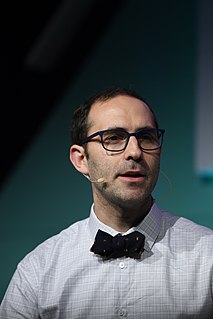A Quote by Shawn Fanning
I think then, when we started receiving the first of the user feedback, feedback from people that I had not specifically told about it, but had spread from friend to friend and then they were giving us feedback.
Related Quotes
I wasn't able to articulate it until after audience members gave feedback. And then, similarly, when we talked about the bromance being unique, I don't think Mark, Jay, and I really saw how special that aspect of that bromance was until our audience members sort of gave us feedback and let us know, "Hey, we've never seen a bromance like this before on television."
